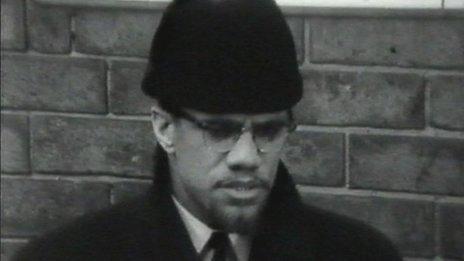Black Pounds Project supports independent traders
- Published
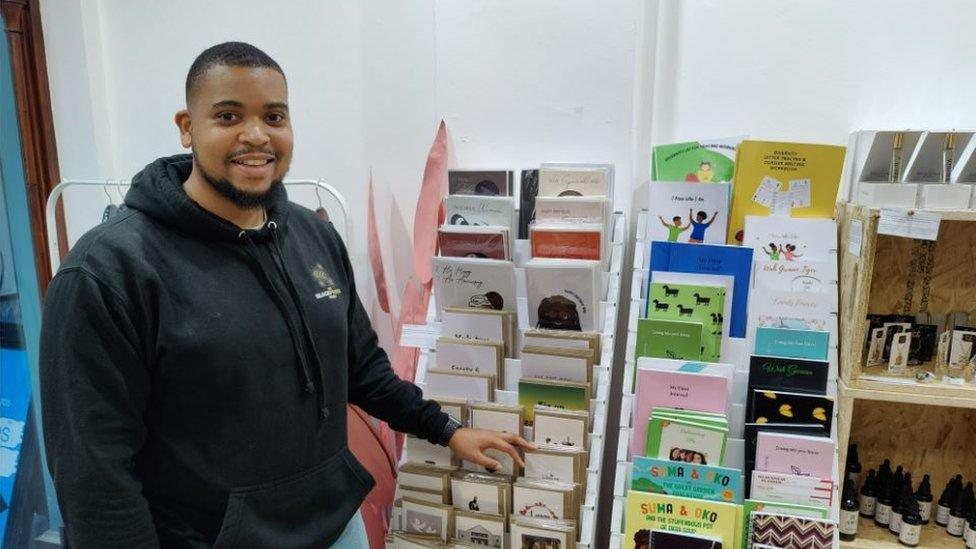
CJ Lloyd Webley runs the Black Pound Project which supports businesses across the city
A playwright has been running an initiative that enables small business owners the opportunity to display their goods in Birmingham city centre.
The community gift shop is part of the Black Pounds Project (BPP), set up by CJ Lloyd Webley in 2020.
He was inspired to act when a protest sparked by the murder of George Floyd. unfolded outside while one of his plays was being performed at the Rep Theatre.
Responding to a "need for change", he now helps more than 200 traders.
"Everyone was coming together in solidarity saying that something needed to change," Mr Lloyd Webley said.
"There was a lot of talk within the corporate spaces around the issues, particularly pertaining to black-owned businesses, finance and access to resources so I set up a fundraising campaign."
The BPP initially consisted of a marketplace, set up at the Rep theatre during one of Mr Lloyd Webley's productions, but it has since blossomed after being inundated with support.
"It showed that there was a real desire within the community to have something sustainable that could continue throughout the year, not just in Black History Month," he said.
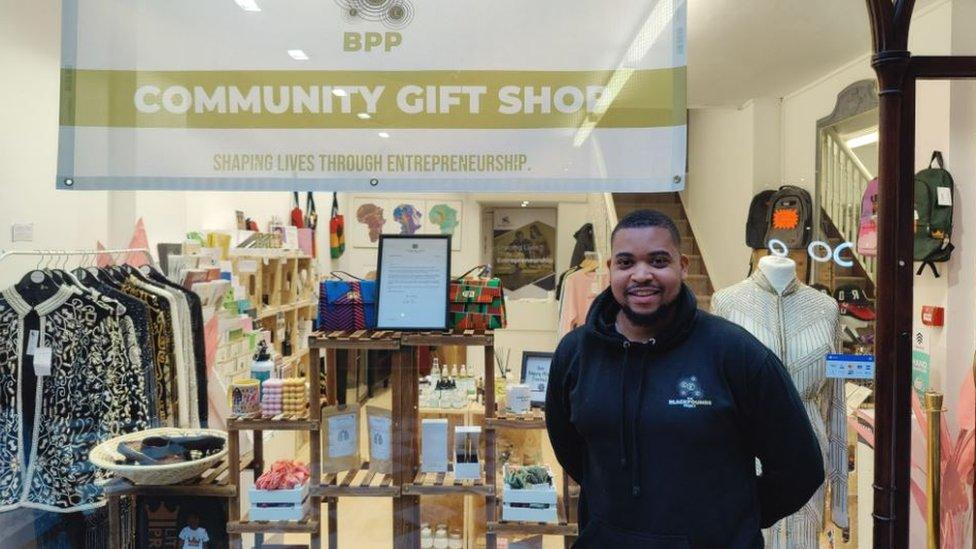
The pop up shop in Great Western Arcade allows traders to display their goods in the city centre
Despite a nationwide lockdown being in place at the time, the 29-year-old from Walsall launched an appeal for funds and used his own savings to set up the project.
It now sees entrepreneurs being offered a helping hand though mentoring, promotion and access to a support network., external
And In October last year, the gift shop opened in Great Western Arcade.
Mr Lloyd Webley said: "Networks like this are so necessary because when you're coming from a community that is disenfranchised, you don't have the people around you that are able to show you exactly how to get your business to the next stage.
"When you don't see people that look like you and represent the community and spaces that you come from, it's harder to realise that actually it is tangible and something that you can do for yourself so it's important to see that representation."
One of the people to receive support from the project is 28-year-old Ashanti Anderson.
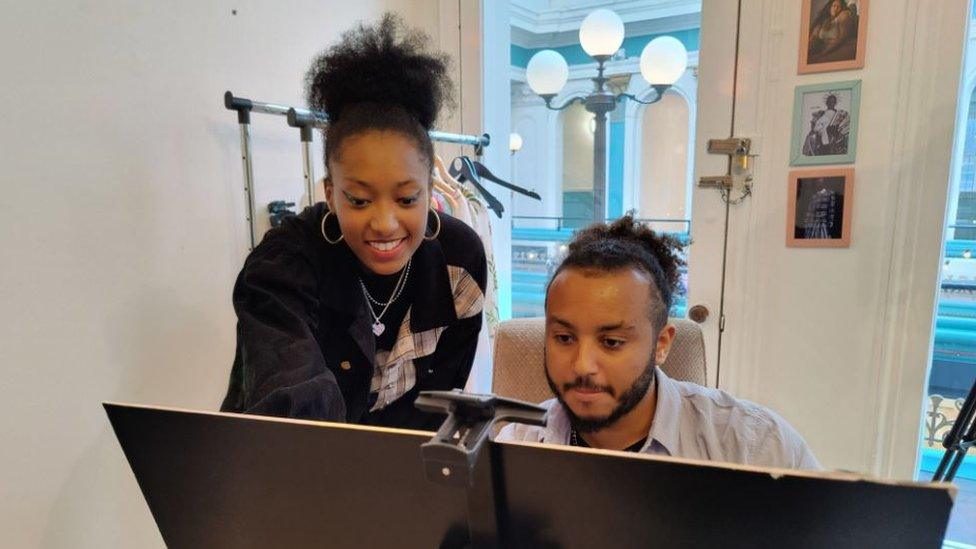
Ashanti Anderson runs Artsy Party Brum to allow people to come together and channel their creativity
The former primary school teacher set up her business, Artsy Party Brum, external, during the pandemic to help the community to use creativity as a form of therapy.
She said: "It's been quite isolating to begin with, but organisations like this are where I can get ideas of people to support and have a platform to showcase which has been super helpful.
"In Birmingham right now there's an element of growth that I can feel taking place. This time a few years back there weren't as many opportunities, a lot of minority sole traders didn't really know where to put themselves."
Research has shown that ethnic minorities in Birmingham faced disproportionate challenges, external during Covid, from accessing financial support to the latest challenges of inflation and rising energy bills.
Despite this, the city has seen a growth in black-owned businesses since the pandemic, with a support network of more than 20,000 people forming on Facebook.
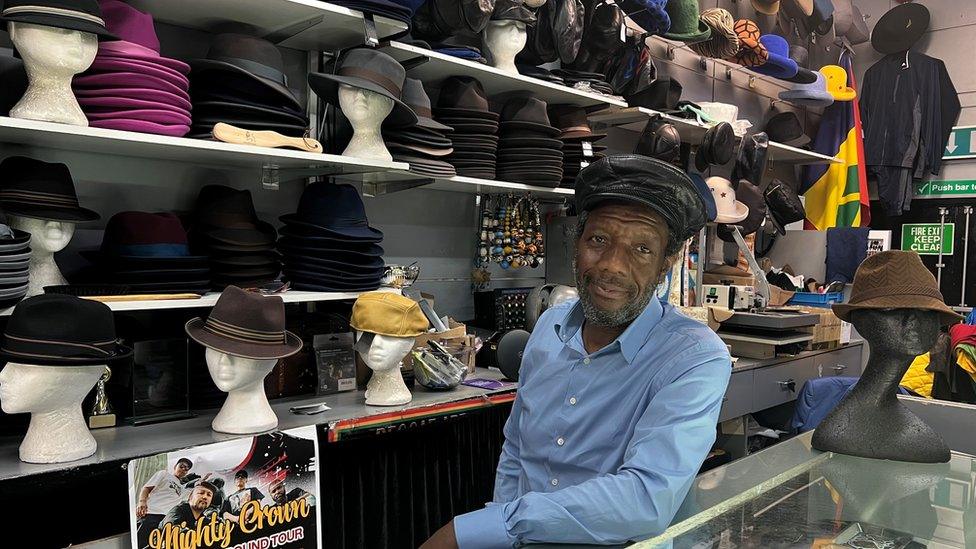
Dennis Hamilton has run The Hat Man for nearly 40 years
Dennis Hamilton - The Hat Man - who has run his company in the city for nearly 40 years, knows all too well the difficulties his community has faced, after travelling from Jamaica as a young teenager.
His store, next to New Street train station, has attracted many well-known figures over the years and recently hats were made there for the crew of upcoming Two-Tone BBC drama series.
The 65-year-old said: "It was very difficult in the late 70s, getting funding and capital were some of the challenges I faced. I had to just work with the resources I had.
"A network like this would have helped at the time, there wasn't anything like that then.
"There was no such thing as internet or mobile phones, so communications were very scarce. The community got together by meeting, it was word of mouth."

Follow BBC West Midlands on Facebook, external, X, external and Instagram, external. Send your story ideas to: newsonline.westmidlands@bbc.co.uk, external
Related topics
- Published16 August 2020
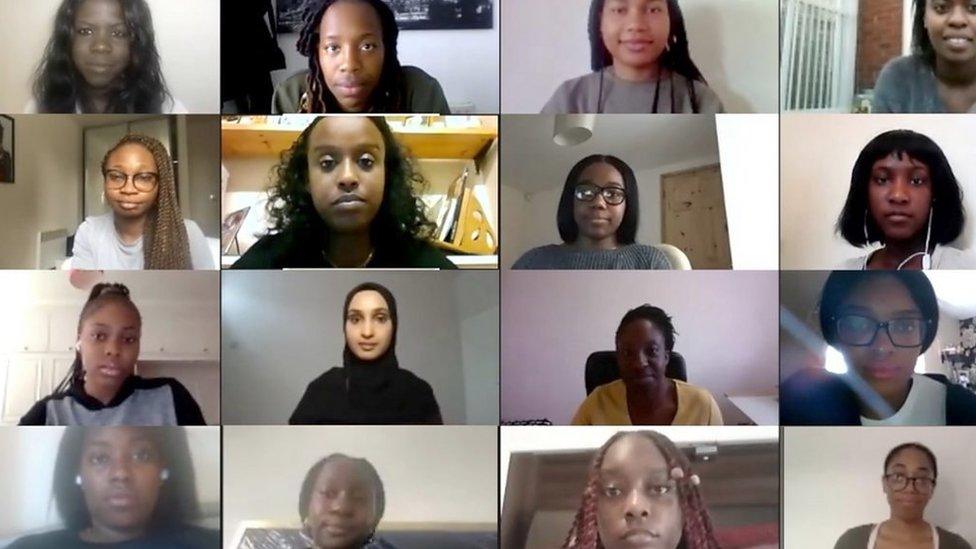
- Published23 June 2022
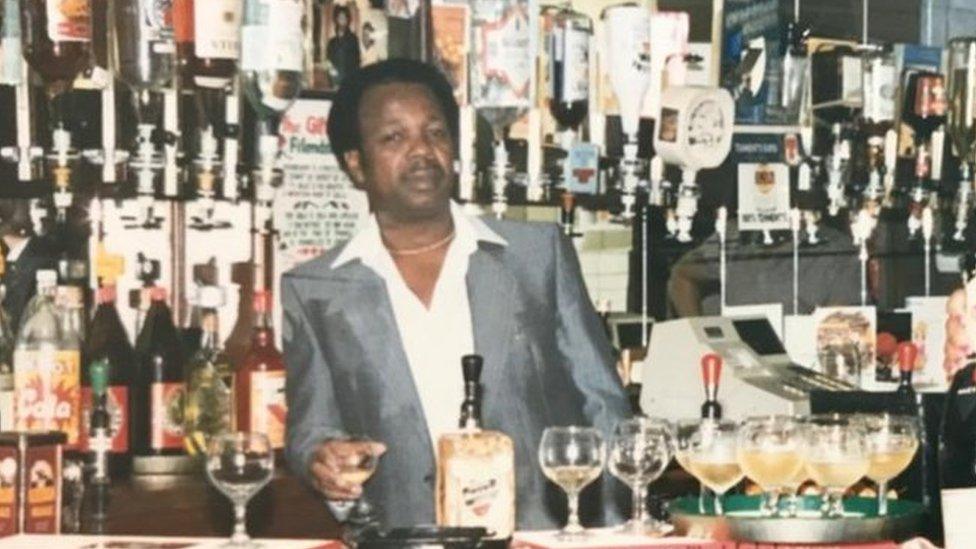
- Published14 September 2022
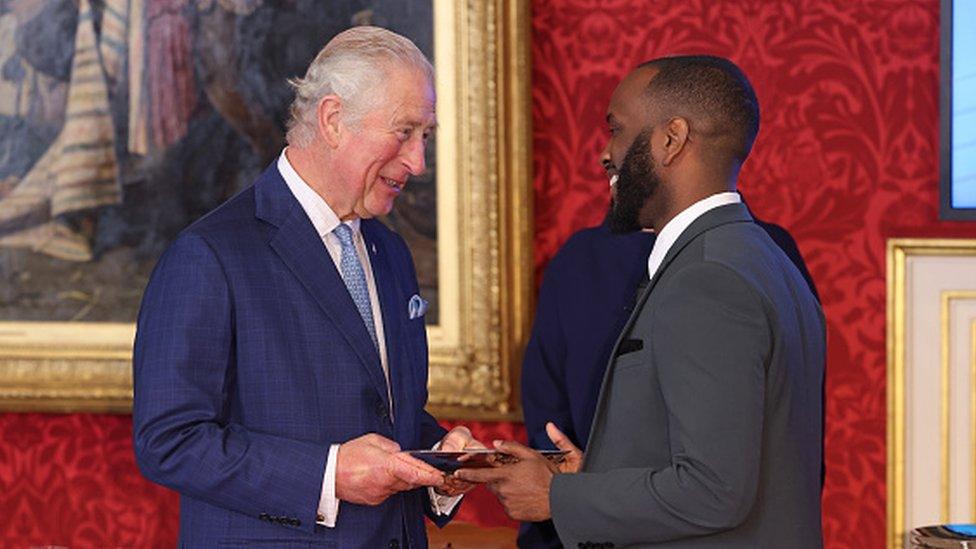
- Published12 October 2022
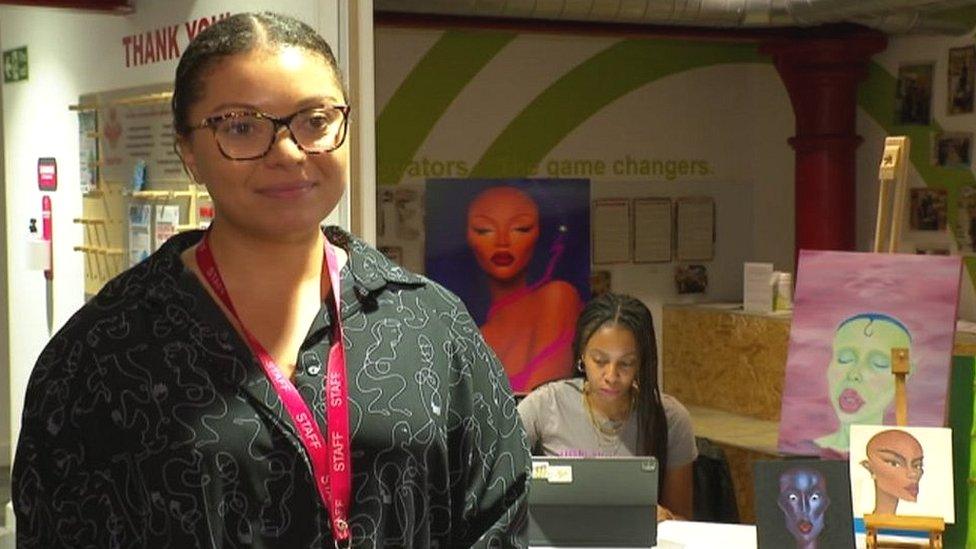
- Published23 June 2023
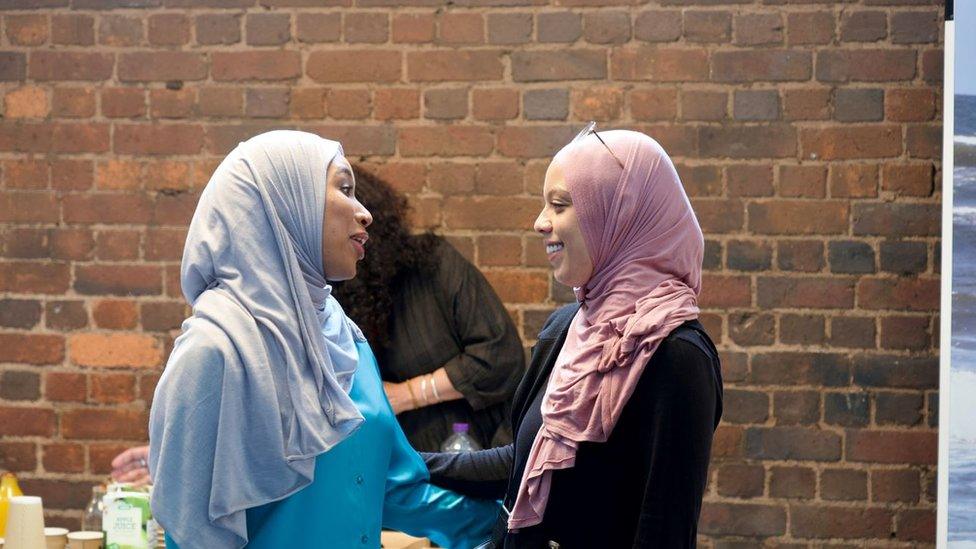
- Published5 July 2023
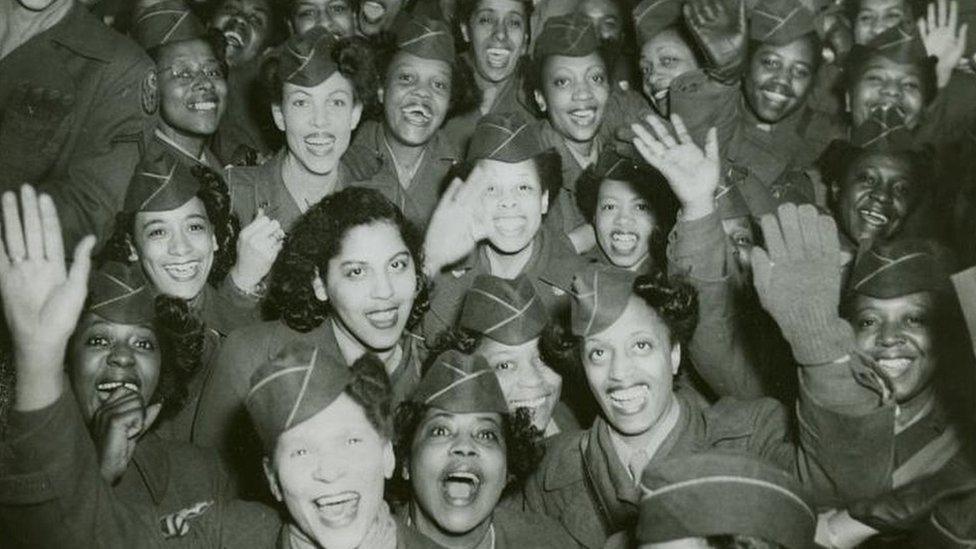
- Published26 September 2023
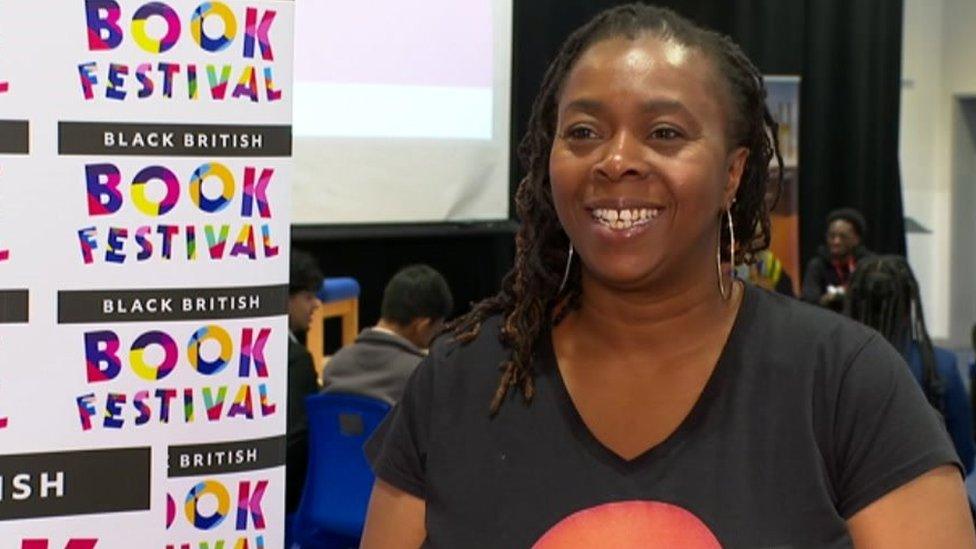
- Published30 September 2023
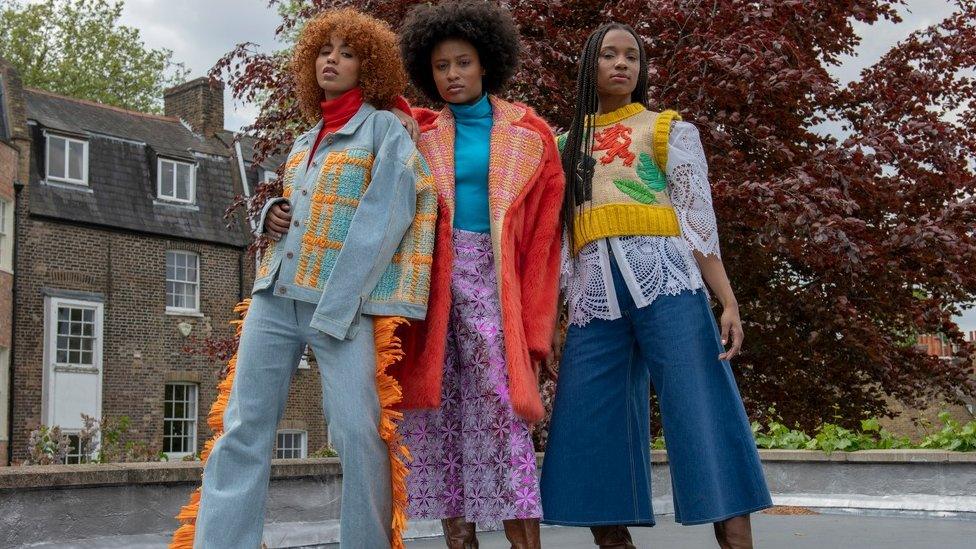
- Published9 October 2023
